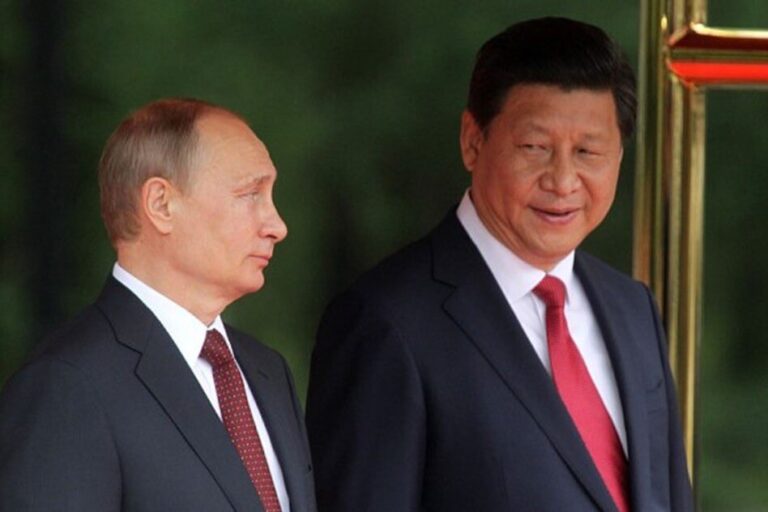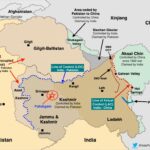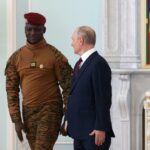Despite officially claiming neutrality, China is in practice a key enabler of Russia’s war effort against Ukraine. Through massive exports of critical dual-use materials like nitrocellulose — vital for ammunition production — Beijing supports Moscow’s military industry. This policy reflects China’s broader geopolitical ambitions to counterbalance the West without direct confrontation. However, the strategy carries serious risks: increased Western sanctions, damage to China’s international image, potential economic losses in European markets, and growing distrust among global actors. China’s “neutrality” is becoming increasingly unsustainable as evidence of its indirect involvement mounts.
China consistently proclaims its neutral stance regarding the Russia-Ukraine war. Official statements from Beijing emphasize a commitment to peace and the avoidance of supplying lethal weapons to either side. However, real-world evidence tells a different story. Export records, Western intelligence reports, and expert analysis indicate that China plays a significant role in supporting Russia’s military production through the supply of critical components.
China’s Material Support to Russia: The Case of Nitrocellulose
Recent customs data reveal an explosive growth in Chinese exports of nitrocellulose to Russia — a key ingredient in manufacturing gunpowder and explosives:
- Between 2015 and 2021, Chinese exports of nitrocellulose to Russia were negligible.
- Following Russia’s full-scale invasion of Ukraine, the situation changed dramatically:
- In 2022, about 700 tons were exported.
- In 2023, exports more than doubled to 1,300 tons — enough to produce over 200,000 152mm artillery shells.
- In early 2024 alone, China supplied an additional 110 tons.
This surge in exports occurred precisely as Western nations tightened restrictions on the transfer of raw materials to Russia’s defense industry. The timing and volume suggest that China is deliberately filling the supply gap left by Western sanctions.
The Official Chinese Position
Chinese officials maintain that they do not supply lethal weapons to either side. In April 2025, Chinese Foreign Ministry spokesperson Lin Jian reiterated that China “has never provided lethal weapons to parties involved in the Ukraine crisis” and stressed Beijing’s commitment to a peaceful resolution.
Similarly, Chinese diplomats in Washington asserted that trade with Russia “is not directed against any third party” and emphasized that “China does not sell weapons to sides involved in the Ukraine conflict” (Times of Central Asia).
Yet, the provision of strategic materials like nitrocellulose — even if not classified as “weapons” — effectively supports Russia’s warfighting capabilities.
Parallel to Chinese support, part of Russia’s military production is shifting to Belarus, aided by Chinese technologies:
- Belarusian factories are ramping up ammunition and missile component production.
- Modernization of Belarusian Polonezand Bukair defense systems now involves Chinese parts.
- Belarus is emerging as a logistical hub for Russian forces, circumventing sanctions.
In response, the European Union expanded its sanctions against Belarus in June 2024, banning direct and indirect arms and dual-use goods transfers to Minsk, and mandating “anti-Belarus clauses” in export contracts.
Technical and Safety Risks
China’s nitrocellulose is reportedly of questionable quality. Experts warn of:
- Instability due to poor nitration processes.
- Higher risk of accidents, including chemical fires and explosions at ammunition plants.
For example, a major explosion occurred at the Perm Gunpowder Plant in Russia in March 2025, linked to either safety violations or low-quality raw materials, possibly Chinese-sourced. Russian authorities initially denied the incident, further raising concerns about industrial safety linked to Chinese exports.
Regional Threats to Central Europe
The build-up of military production in Belarus, assisted by Chinese technologies, poses direct risks to neighboring countries:
- Poland and Lithuania have raised alarms over increased risks of industrial accidents near their borders.
- Military cargoes moving through Belarus present additional hazards.
- Investor confidence in Belarus is collapsing, with many Western firms exiting the market.
- The EU introduced compensation mechanisms for companies affected by sanctions and expropriations in Belarus.
Overall, the expansion of Chinese-backed military industries in Belarus threatens to destabilize Central and Eastern Europe.
Geopolitical Context and Global Implications
China’s support for Russia, though carefully obscured behind the facade of neutrality, undermines its efforts to be seen as a responsible global power:
- The U.S. has already sanctioned Chinese companies involved in supplying nitrocellulose and warned that aiding Russia’s war machine could cost access to American markets.
- Europe is actively seeking to reduce its defense industry’s dependence on Chinese-supplied materials.
- Awareness is growing across Europe that China’s proclaimed neutrality is an illusion, and that Chinese supplies significantly prolong the conflict.
Additional Conclusions
- China is Betting on Strategic Ambiguity:
By supplying critical materials but avoiding direct weapons shipments, Beijing tries to balance between supporting Russia and avoiding full Western backlash. However, this balance is increasingly fragile. - The Cost of Supporting Russia is Rising:
As Western awareness and documentation of Chinese support grow, the probability of broader sanctions and economic retaliation against China increases. - Impact on Future Conflicts:
China’s behavior in the Ukraine war serves as a signal of how it might act in future crises, particularly concerning Taiwan. The precedent of indirect but vital support to an aggressor will shape future Western military and diplomatic planning.
Inside China, political support for helping Russia in the Ukraine war comes mainly from three interlocking forces rather than any single “party faction” openly advocating war:
1. Chinese Military Establishment (“PLA Hawks”)
- Senior officers in the People’s Liberation Army (PLA), especially within the General Staff Department and certain think tanks tied to the military (like the Academy of Military Sciences).
-
- They see Russia as a critical partner in counterbalancing the United States and NATO.
- A weakened but surviving Russia is strategically useful: it draws Western attention and resources away from Asia-Pacific.
- They believe sustaining Russia’s fight prevents an immediate Western “containment” pivot fully against China.
- It also offers “combat data” — by observing modern warfare in Ukraine, China gains valuable lessons for future potential conflicts, particularly concerning Taiwan.
For the PLA, helping Russia is about keeping the U.S. overstretched and learning how great-power wars evolve under modern conditions.
2. “Left-Nationalists” and Neo-Maoists
-
- Intellectuals, party cadres, bloggers (like those on Weibo and Zhihu) who promote Maoist-style hardline nationalism.
- Certain parts of the Chinese People’s Political Consultative Conference (CPPCC) and state-linked media like Global Times.
-
- Ideologically, they see the war as part of the broader “anti-imperialist struggle” against the U.S.-led world order.
- They view Russia as a fellow victim of Western “containment” and pressure.
- They believe the war weakens U.S. global dominance, which they consider good for China’s rise.
For these groups, supporting Russia is an ideological battle against the liberal Western model they despise.
3. State-Linked Economic and Industrial Interests
- Managers of major Chinese state-owned enterprises (SOEs) in energy, defense manufacturing, and strategic materials (chemicals, microchips, rare earths).
- Policy planners tied to the National Development and Reform Commission (NDRC) and Ministry of Industry and Information Technology (MIIT).
- Russia is now economically dependent on China for energy exports, tech imports, and critical industrial cooperation.
- These groups profit from the cheap acquisition of Russian resources (oil, gas, minerals) at discount rates.
- They also see the opportunity to strengthen China’s industrial independence by exploiting the Russian market vacated by Western companies.
Bottom Line: Their interest is less ideological and more economic — securing dominance over Russian sectors and tightening Eurasian supply chains under Chinese influence.
- Xi Jinping himself leads a policy of strategic ambiguity — officially neutral, practically supportive.
- He does not fully unleash public support for Russia because he still wants to prevent secondary sanctions from the U.S. and Europe.
- Therefore, active support is happening below the surface — coordinated quietly through dual-use exports, technology transfer, and diplomatic cover.
Summary Table
| Group | Motivation |
| PLA Hawks | Strategic counterweight to U.S.; war study data |
| Left-Nationalists | Ideological battle against the West |
| State-linked Economic Interests | Profiting from weakened Russia, Eurasian leverage |
Which Chinese Political Groups Support Active Participation in Russia’s War Against Ukraine and Why
1. Chinese Communist Party (CCP) “Hardliners” and Security Apparatus (Ministry of State Security, PLA hawks)
- Who they are:
- Senior figures within the Chinese Communist Party’s conservative faction.
- Top leadership in the People’s Liberation Army (PLA) and the Ministry of State Security (MSS).
- Influential members of the Central Military Commission.
- Why they support active indirect participation:
- Strategic Rivalry with the West: They view the Russia-Ukraine war as part of a broader U.S.-led effort to contain China. Supporting Russia weakens the West without committing China to a direct confrontation.
- Preserving an Ally: They believe Russia must not be allowed to collapse or be defeated, because a weakened Russia would leave China more isolated globally.
- Testing the West’s Responses: Indirect participation via component supply lets China study Western sanction tactics, which is critical for future planning regarding Taiwan or South China Sea scenarios.
- Expanding Chinese Influence in Eurasia: A dependent and weakened Russia would become even more reliant on China economically and politically, fitting Beijing’s long-term Eurasian strategy.
2. Nationalist Intellectuals and Media Influencers
- Who they are:
- Writers, retired generals, and influential figures active in state-controlled media (e.g., Global Times editors, nationalist think tanks like the China Institutes of Contemporary International Relations – CICIR).
- They don’t hold direct political power but shape public and elite opinion.
- Why they support active involvement:
- Ideological Alignment: They frame the war as a confrontation between Western liberalism and Eastern traditionalism/authoritarianism.
- Historical Grievances: They view supporting Russia as “revenge” for past Western humiliation of China.
- Public Mobilization: Maintaining a narrative of “China and Russia standing together against U.S. imperialism” helps stoke nationalism and distract from domestic economic problems.
3. Military-Industrial Complex and State-Owned Enterprises (SOEs)
- Who they are:
- Executives and bureaucrats tied to China’s defense industries, including arms manufacturers and dual-use technology companies.
- Examples include NORINCO (North Industries Group), China Poly Group, AVIC (Aviation Industry Corporation of China).
- Why they support active involvement:
- Profits: Supplying dual-use goods like nitrocellulose and electronics generates huge revenues, especially when Western competitors exit Russian markets.
- Geopolitical Leverage: Strengthening ties with Russia opens opportunities for privileged contracts, mining concessions, and Arctic cooperation.
- Strategic Preparation: Working with Russia’s war industries allows Chinese defense companies to gain practical experience, refine logistics, and prepare for potential future military mobilizations.
Important Clarifications
- Xi Jinping himself tries to balance between these internal pressures.
- He is ideologically closer to the hardliners but remains cautious of openly provoking Europe or risking major economic sanctions.
- Hence, the Chinese approach remains deliberately indirect: supplying critical materials without formally sending “weapons.”
- Opposition inside the CCP?
- Some more economically-focused technocrats (especially in ministries dealing with foreign trade and finance) are reportedly worried about the consequences for China’s access to European markets.
- However, their influence has weakened since the purges of technocrats from 2022–2023.
Summary
| Political Group | Motivation |
| CCP Hardliners & Security | Strategic rivalry with the West, survival of Russia, future Taiwan preparation |
| Nationalists & Media | Ideological battle against liberal democracies, public opinion shaping |
| Military-Industrial Complex | Profits, strengthening military supply chains, strategic experience |

More on this story: China’s political weight in Europe to go down
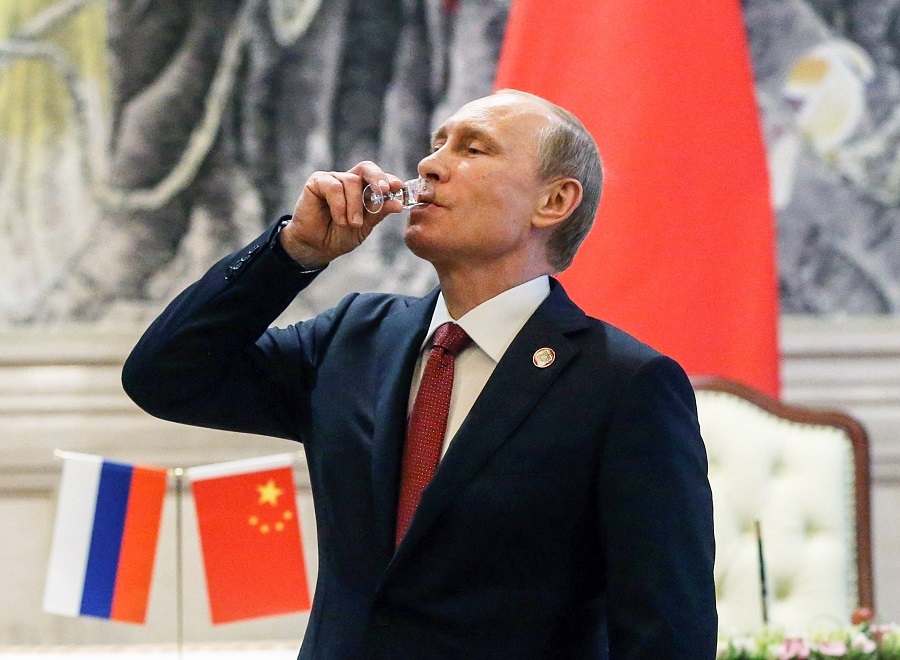
More on this story: Russia and China unite in political effort and flex muscles against the West
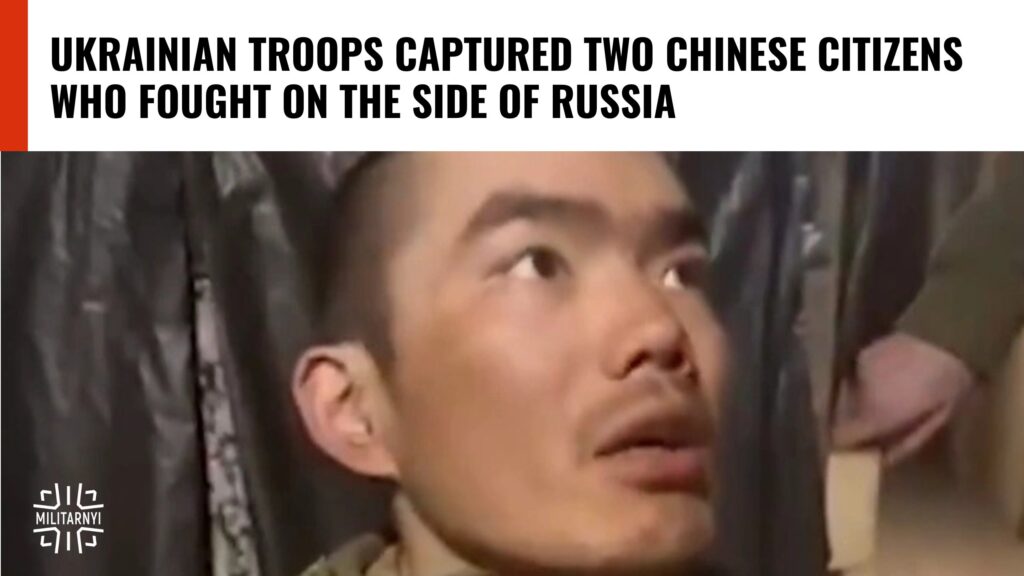
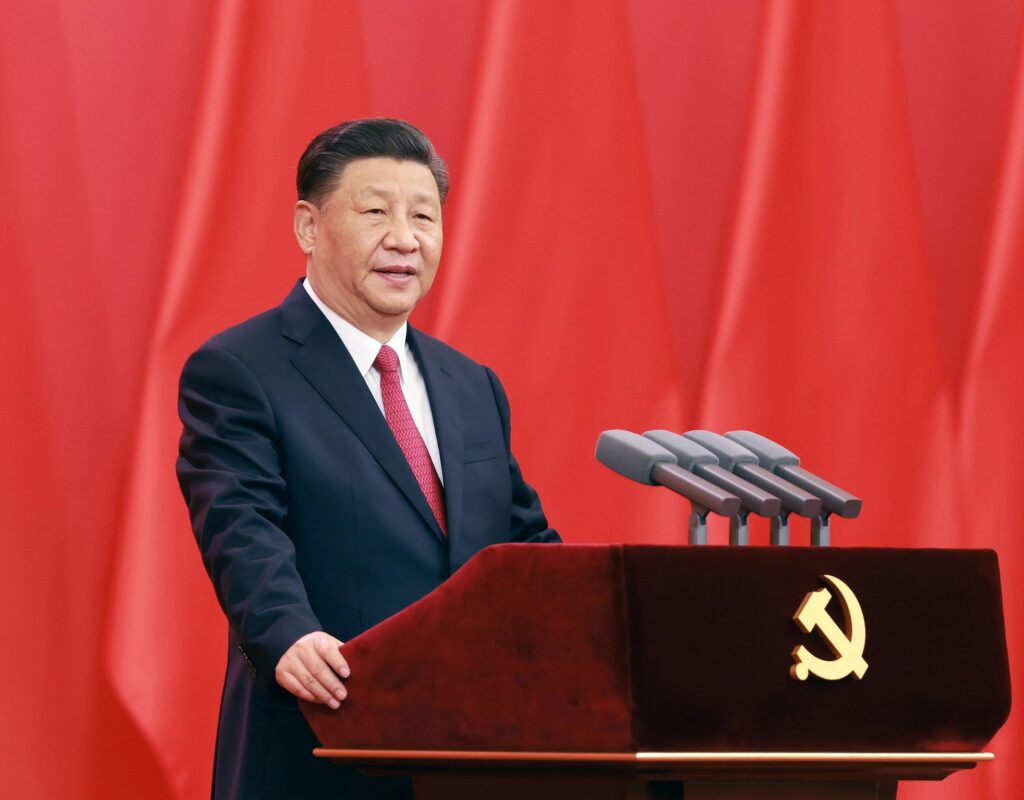
More on this story:China’s global triumph impossible without some parts of the Far East back


